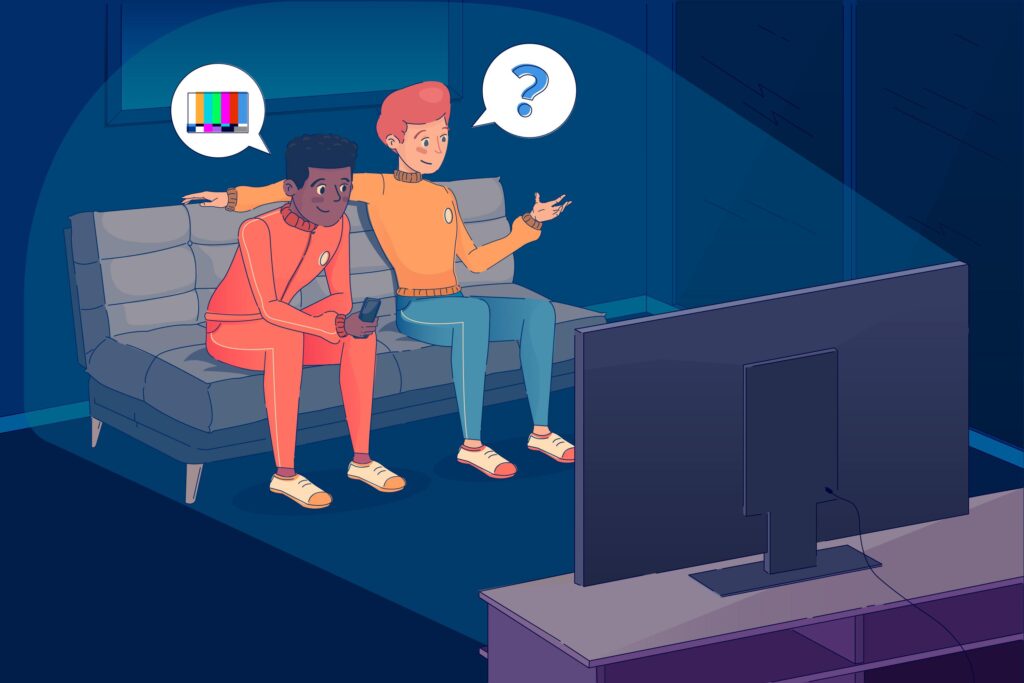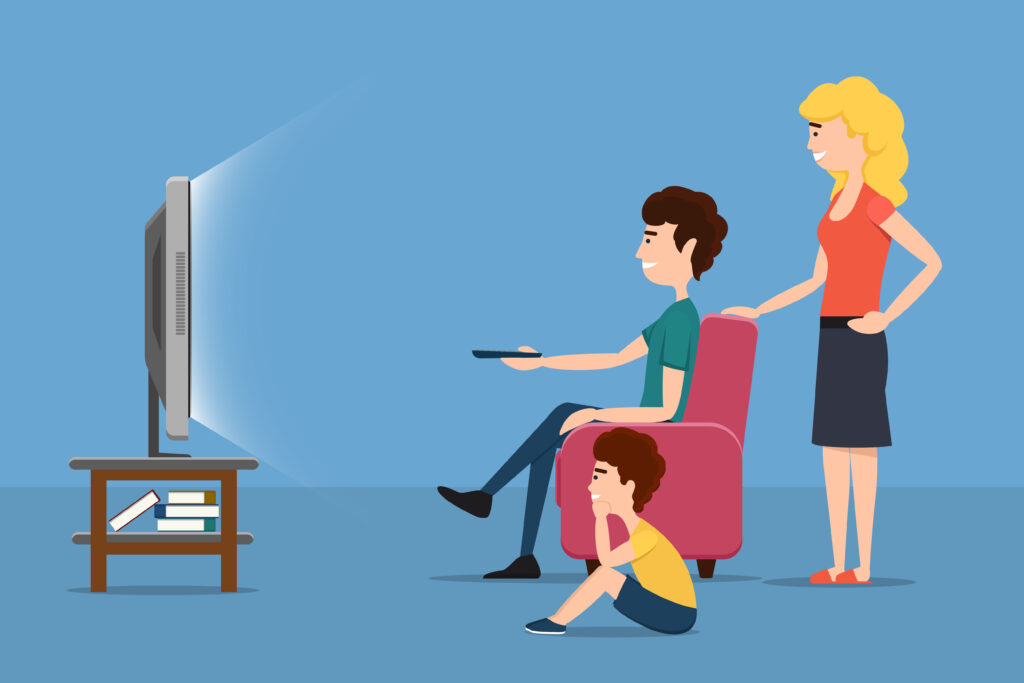Binge-watching. To watch a series non-stop.
It is very common for users to start watching a series and, before they notice, it’s 4am, they are still on the couch, and the TV/media streamer is still on. And they wonder, how did I get here?

If that has happened to you, I come here to tell you something very important: don’t feel bad. It’s not your fault.
In reality, the fault is at the streaming platform that you are using.
Without elaborating too much on this, we could argue that, from a very simple scope, there are two ways of releasing new series: all at once, or spread across time. The first one is typical from subscription-based platforms such as Netflix or HBO. Why? Because they don’t care about how you consume the media, they do not care if you watch a series in four weeks or in a marathon of three hours. As long as you keep subscribed to the service, they do not care about your usage (again, in general terms, there are exceptions to everything).

HOWEVER, when series used to be released only in live TV, they usually followed the schedule of the television station where they were distributed. That meant, that episodes would typically air once a week, and the audience had to wait between each of them.
Which, at the same time, meant that they had to be engaged with the series. After one week of work, sport, leisure, friends, family, etc… they still had to want to watch the series. For the television station, the risk of the audience becoming disinterested was (and still is) too big. Even when the series are released all at once, users can still just turn off the TV if they are not engaged.
How do they solve that?
Well, by employing tactics to keep the audiences engaged. That includes using techniques that can be both narrative or infrastructural. The first ones include cliffhangers, presenting a doubt or a mystery in the very end of the episode, or preemptive narrative, when a scene of a future event is presented in the beginning, making you wonder how the story will end up there.
The second includes platform technniques like the famous autoplay. That means, platforms make it EXTREMELY EASY for users to start the next episode. In most of the platforms, they basically do not have to do anything, the next episode plays automatically.

So, do not worry, it is not your fault.
And it is important to note, that this post doesn’t want to criminalize bing watching. It is very nice to do it on a rainy sunday, for example, and can lead to very nice moments. BUT, it is important to understand WHAT HAPPENS there, to be aware of these techniques that platforms employ and to know when we watch series because we want, and when we watch series because the platform wants.
